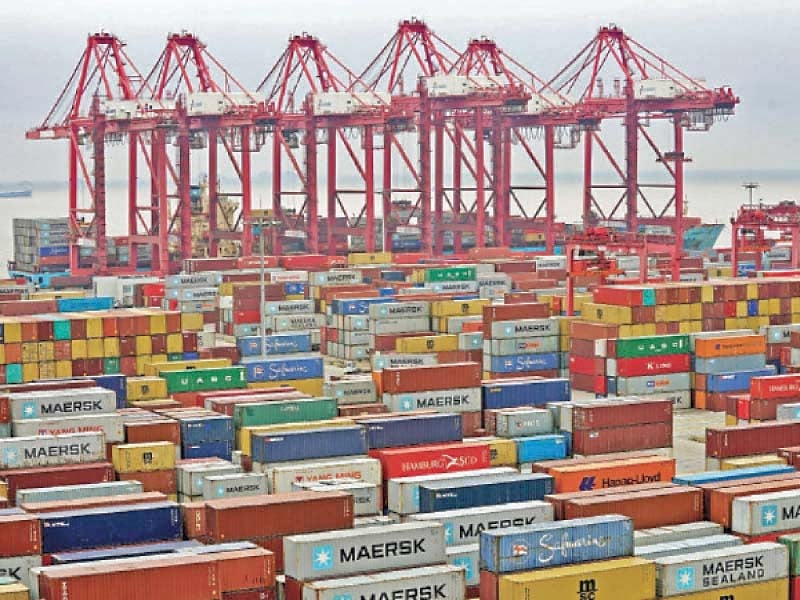
The government has removed restrictions on the import of goods meant for car manufacturing, mobile assembling, solar power equipment and nuclear reactors for power generation projects from the beginning of 2023, though Pakistan’s foreign exchange reserves are scarce.
At the same time, authorised dealers (ADs – mostly commercial banks) have been advised to facilitate the import of food and energy products on top priority. They should consider facilitating the import of non-essential and luxury goods after catering first to the essential ones.
The State Bank of Pakistan (SBP) recalled on Tuesday that ADs were required over the past eight months to seek prior permission from the Foreign Exchange Operations Department, SBP-BSC before initiating any import transaction pertaining to HS Code Chapter 84, 85 and certain items of Chapter 87.
“It has now been decided to withdraw instructions (of prior permission) with effect from January 2, 2023. Consequently, requests for import transactions already submitted to SBP-BSC pertaining to referred HS codes stand returned to the ADs for appropriate disposal at their end,” the central bank said in the notification.
Arif Habib Limited (AHL) Head of Research Tahir Abbas noted “it seems the import system will continue to work in its present form. The removal of restrictions will not re-open imports in a full-fledged manner.” He pointed out that the government has advised banks to first facilitate the import of essential goods and then cater to others due to the low foreign exchange reserves in the country.
Pakistan’s reserves have rapidly depleted to less than five weeks of import cover at $6.11 billion as compared to over $20 billion in August 2021. “We need dollars to finance imports (trade and current account deficits).
Unfortunately, we don’t have the foreign exchange reserves to do so. The import system will be further tightened,” Abbas lamented. “Restrictions have apparently been removed in line with the international best practices.
The World Trade Organisation (WTO) and other such global trade bodies discourage member countries (including Pakistan) from imposing a ban on imports and exports,” he further explained. The import restrictions had resulted in the shutting down of many car and mobile phone assembling plants and delayed the setting up of power generation projects.
The central bank advised ADs (commercial banks) to “prioritise/ facilitate the import of essential sectors such as food (wheat and edible oil,) and pharmaceuticals (raw material, life-saving/ essential medicines and surgical instruments including stents)”.
The second priority of ADs is to facilitate energy imports “like oil, gas and coal (for power projects based on merit order of the Ministry of Energy)”. Likewise, imports for export-oriented industries should take third priority. They should facilitate “imports, especially of raw material, input goods and spare parts, by the export-oriented industries”, stated the SBP. Imports of agri-inputs should be the fourth priority of ADs, as explained by SBP; “import of items required as input for agriculture (seed, fertilisers and pesticides)”.
Later on, they may facilitate imports on deferred payment/ self-funded imports.
Prize bonds encashment
In another notification, the central bank informed that it has extended the last date for encashment of withdrawn prize bonds. The federal government has given another opportunity to the public to get the withdrawn prize bonds of Rs7,500, Rs15,000, Rs25,000 and Rs40,000 redeemed/ encashed by June 30, 2023.


1725612926-0/Tribune-Pic-(8)1725612926-0-165x106.webp)



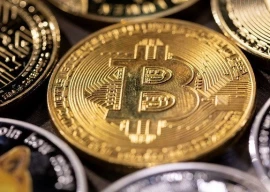





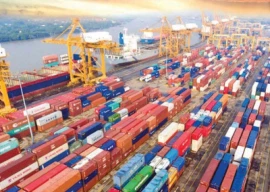
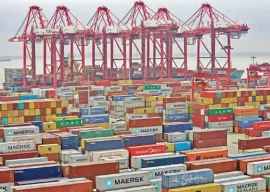
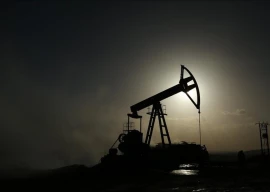






COMMENTS
Comments are moderated and generally will be posted if they are on-topic and not abusive.
For more information, please see our Comments FAQ